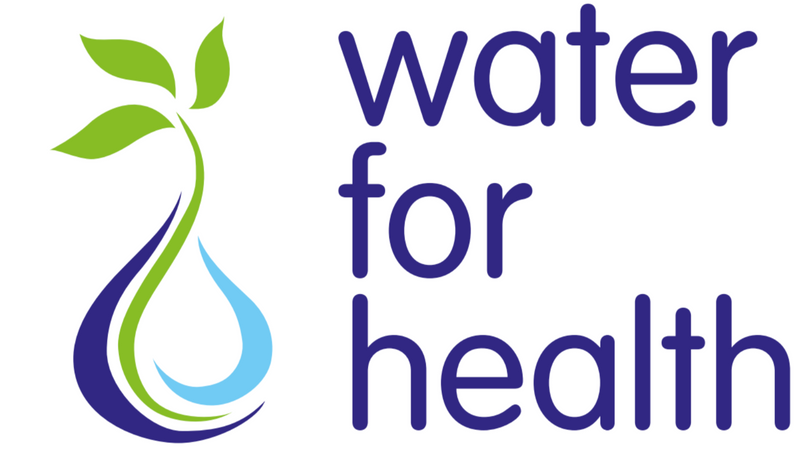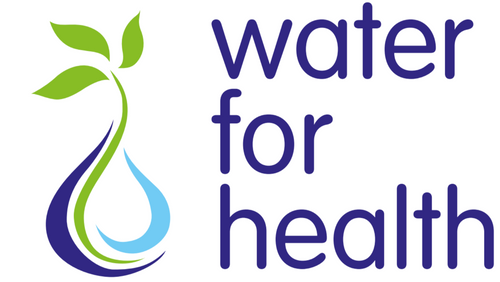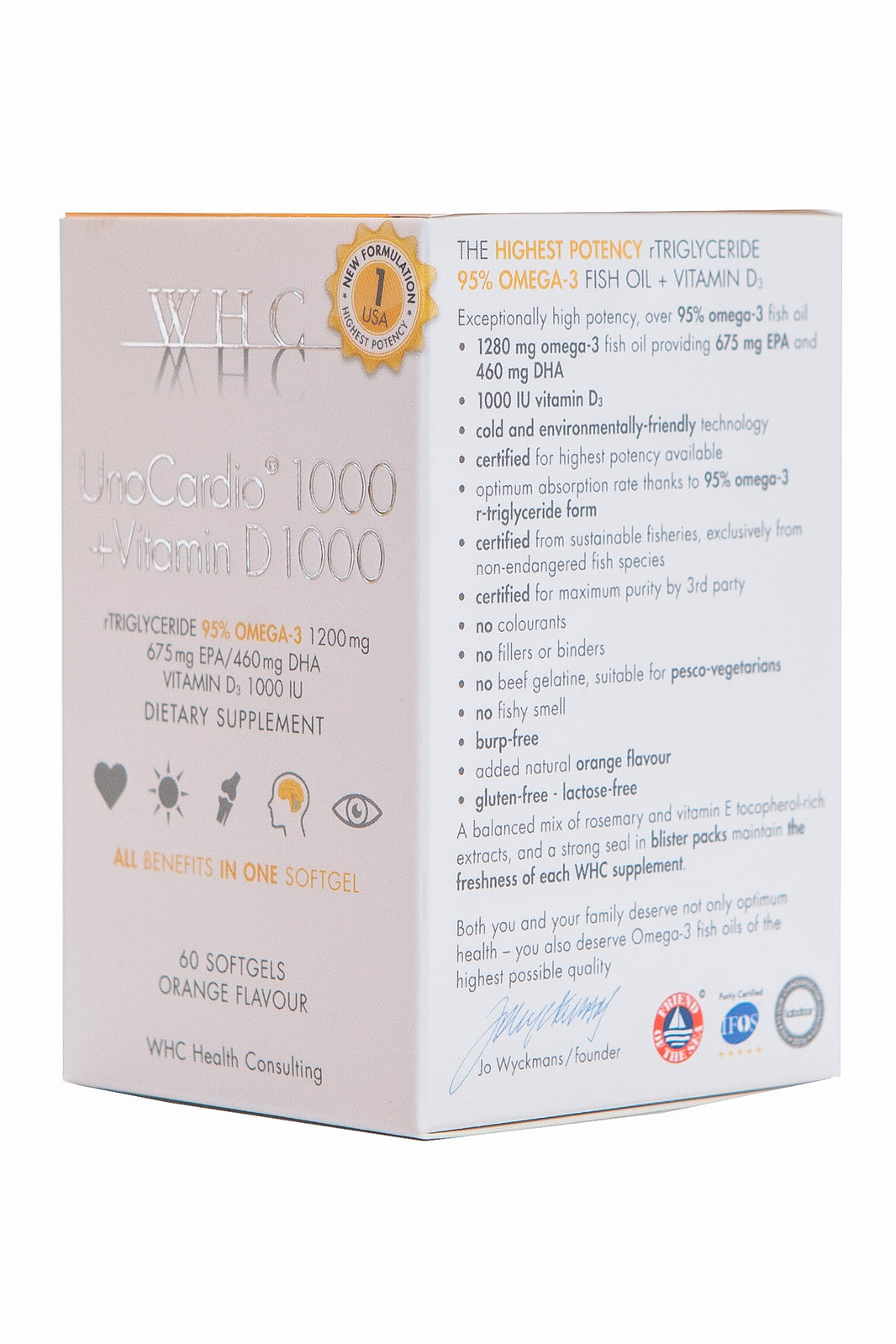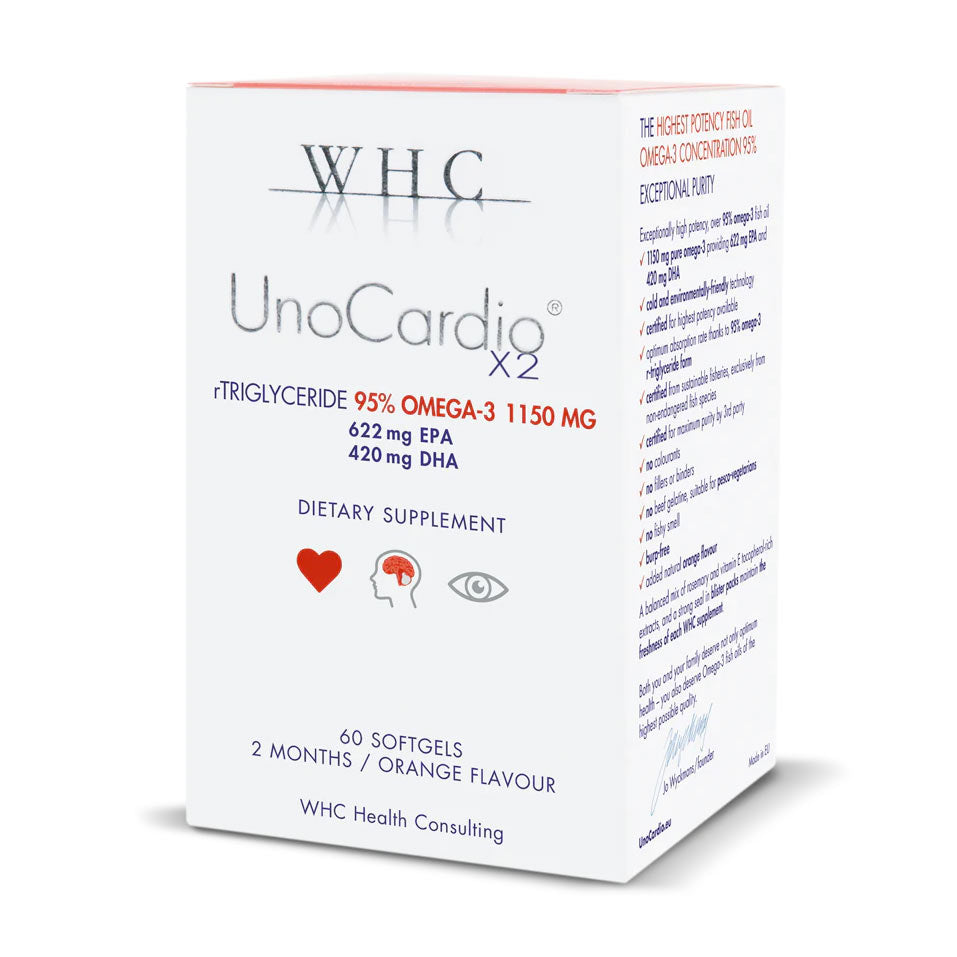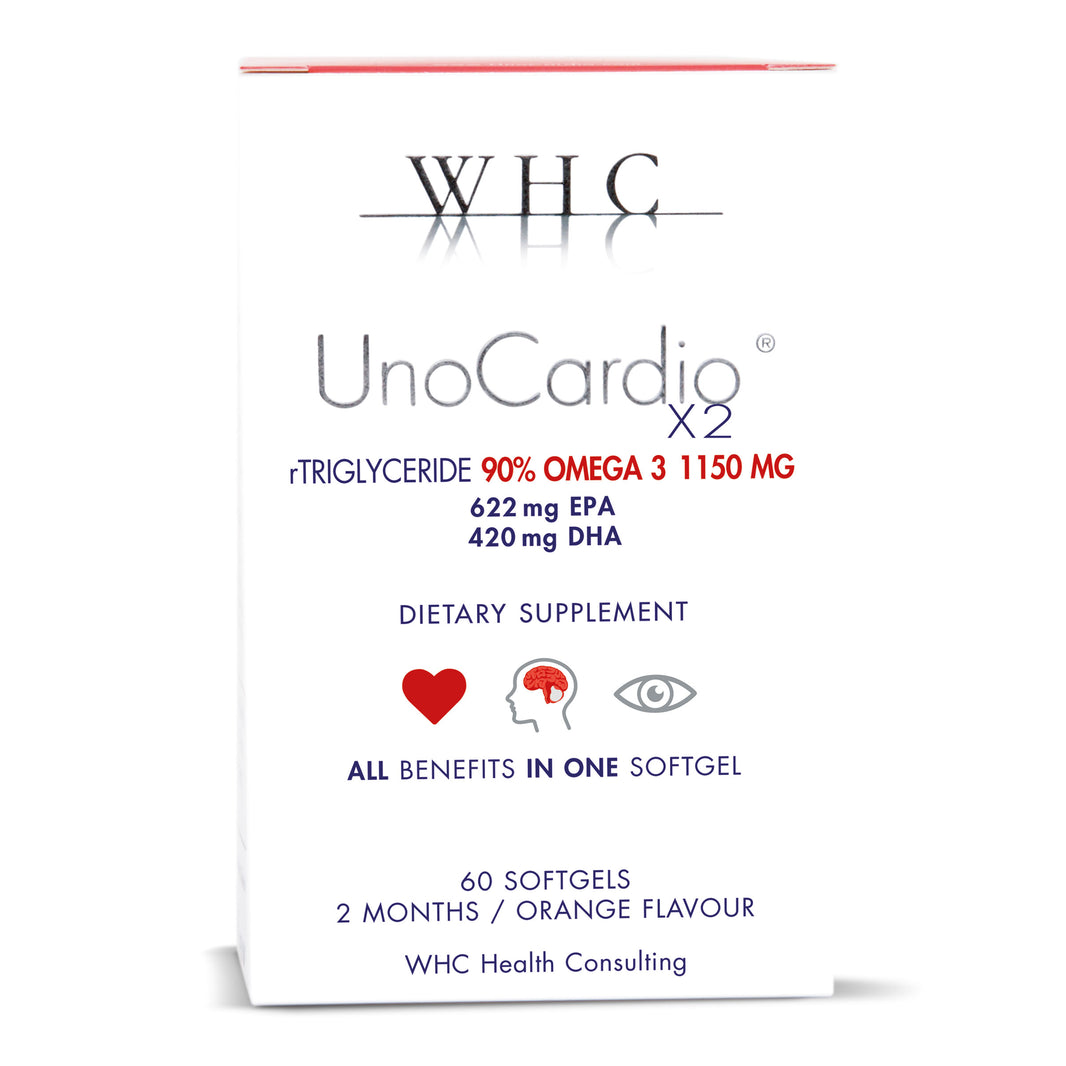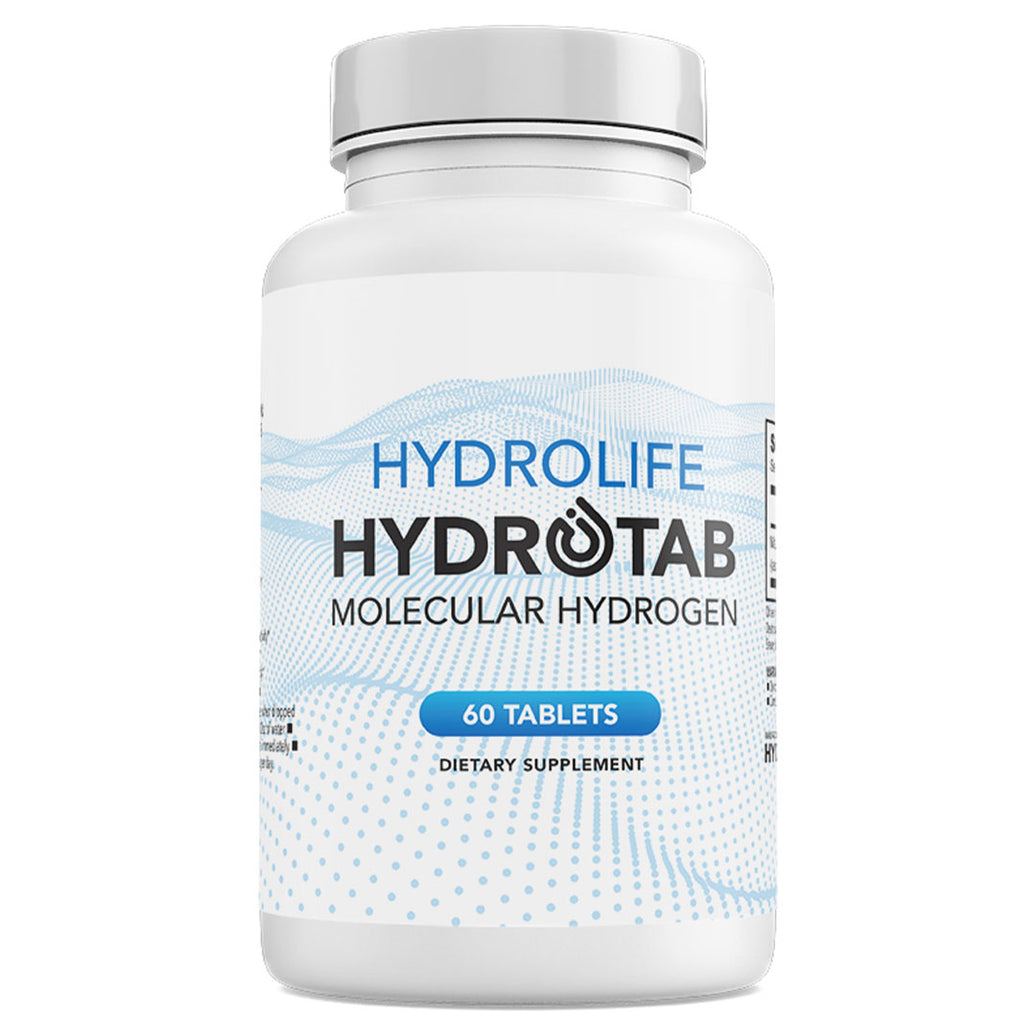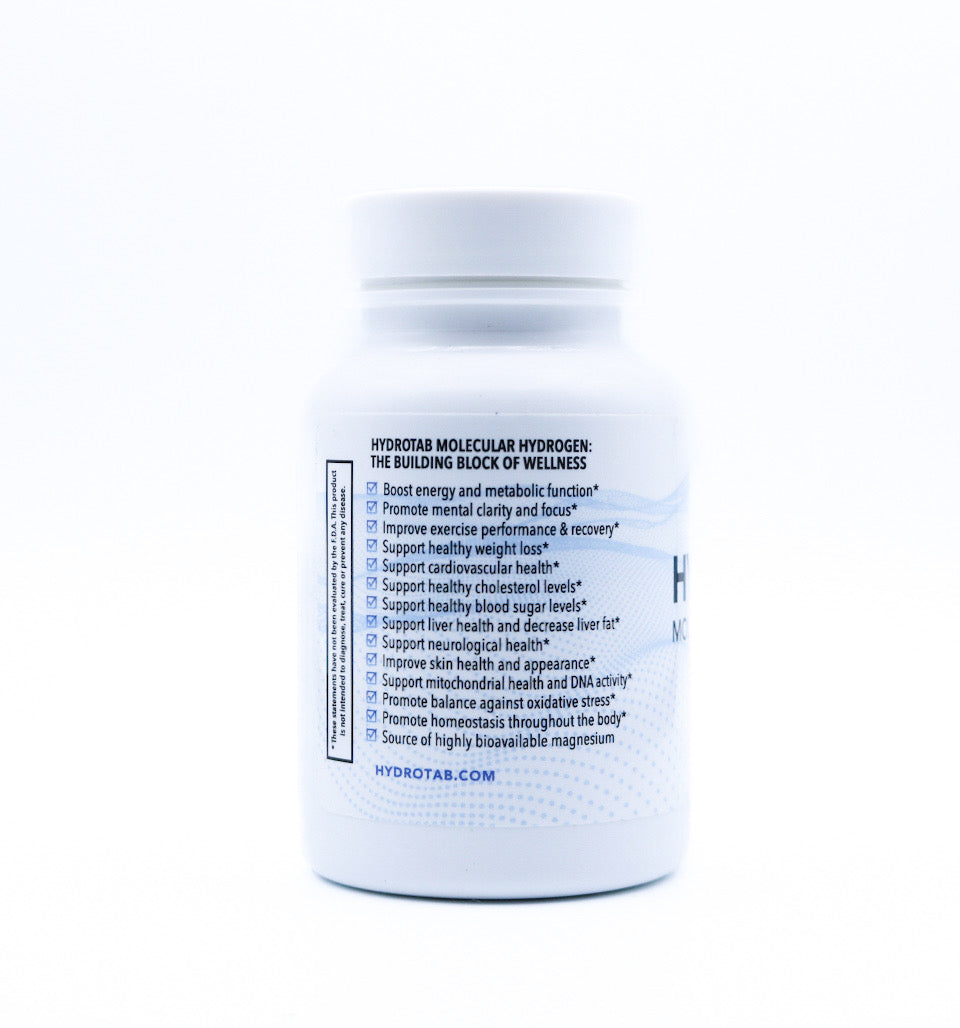Cholesterol testing has long been a staple in monitoring heart health, serving as a critical indicator of cardiovascular risk. This testing typically measures levels of LDL (low-density lipoprotein), often referred to as "bad" cholesterol, and HDL (high-density lipoprotein), known as "good" cholesterol. Elevated LDL levels can lead to a buildup of plaque in arteries, increasing the risk of heart disease and stroke.
However, with growing discussions around its reliability and accuracy, it's worth exploring whether standard testing should be blindly trusted or cautiously approached. Factors such as individual health conditions, lifestyle choices, and specific testing methods can influence results. Therefore, it's essential for individuals to consult with healthcare professionals to interpret their results in the context of their overall health and risk factors.
Understanding Cholesterol and Its Importance
Cholesterol is a waxy substance found in your blood that is essential for building healthy cells, producing hormones, and synthesising vitamin D. It is carried through your bloodstream by lipoproteins, which are combinations of fat and protein. However, having high levels of low-density lipoprotein (LDL) cholesterol, often referred to as "bad" cholesterol, can lead to the buildup of plaques in arteries. This accumulation can restrict blood flow and significantly increase the risk of serious health issues such as heart disease, heart attacks, and strokes.
Conversely, high-density lipoprotein (HDL) cholesterol is considered "good" cholesterol because it helps transport LDL cholesterol away from the arteries and back to the liver, where it can be processed and removed from the body. Maintaining a healthy balance between HDL and LDL cholesterol is crucial for cardiovascular health.
Regular cholesterol testing can provide valuable insights into these levels and, by extension, your heart health. In the UK, standard cholesterol tests measure total cholesterol, LDL, HDL, and triglycerides, which are another type of fat in the blood. Elevated triglyceride levels can also contribute to the hardening of arteries, further increasing cardiovascular risk. Understanding these measurements can empower individuals to make informed lifestyle choices and seek appropriate medical guidance to manage their cholesterol levels effectively.
The Reliability and Accuracy of Standard Cholesterol Testing
While standard cholesterol testing is a crucial tool, it's not without its limitations. Various factors can affect its reliability and accuracy:
- Diet and Fasting: Although fasting used to be a prerequisite for cholesterol testing, recent guidelines suggest it may not be necessary for everyone. However, what you've eaten in the days leading up to the test can still influence results, particularly triglyceride levels.
- Time of Day: Cholesterol levels can fluctuate throughout the day. Research suggests that they may be higher in the morning compared to later in the day, potentially affecting the consistency of results (1).
- Individual Variability: Genetics, age, and existing health conditions can all influence cholesterol levels. Standard tests may not account for these individual variances, leading to results that don't paint the full picture.
- Laboratory Variation: The accuracy of the test can also vary depending on the laboratory conducting it, although most labs in the UK adhere to strict guidelines to minimise discrepancies.
Limitations and Emerging Alternatives

The potential inaccuracies of standard cholesterol testing have led to the development of more advanced methodologies that aim to provide a more comprehensive understanding of lipid profiles and cardiovascular health:
Engaging Healthcare Professionals
Advanced Lipid Testing: These tests go beyond traditional cholesterol measures by offering a detailed analysis of cholesterol particles. They assess not only the total cholesterol levels but also the size and number of low-density lipoprotein (LDL) and high-density lipoprotein (HDL) particles. This nuanced approach helps clinicians gain a deeper understanding of cardiovascular risk, as smaller, denser LDL particles are often more atherogenic than larger ones. By evaluating these parameters, healthcare providers can tailor prevention and treatment strategies more effectively.
Genetic Testing: Genetic testing has emerged as a powerful tool in understanding individual susceptibility to cholesterol-related conditions. By analysing specific genes associated with cholesterol metabolism, these tests can provide valuable insights into inherited disorders such as familial hypercholesterolemia (FH). This condition, characterised by extremely high cholesterol levels and an increased risk of early heart disease, may not be detected through standard cholesterol tests. Identifying genetic predispositions allows for earlier intervention and personalised management plans, which can significantly improve patient outcomes.
Functional Medicine Approaches: Functional medicine takes a holistic view of health, emphasising the interconnectedness of various body systems and the influence of lifestyle factors. In assessing cholesterol levels, functional medicine practitioners consider a range of variables, including diet, physical activity, stress levels, and sleep quality. This comprehensive approach helps to uncover underlying issues that may contribute to dysregulated cholesterol levels, ultimately leading to more effective strategies for maintaining cardiovascular health. Unlike traditional testing, which often focuses on isolated metrics, functional medicine encourages a broader understanding of how lifestyle choices impact overall health and well-being.
While these alternative testing methodologies provide a richer dataset and a more thorough understanding of cholesterol dynamics, they often come with higher costs and may not be as accessible as standard tests. Moreover, the clinical significance of some of the results obtained from these advanced tests may still need to be investigated, limiting their current applicability in everyday practice. As research continues to evolve, however, these methodologies hold the potential to enhance patient care and improve cardiovascular health outcomes.
Regardless of the testing method, interpreting cholesterol levels should be done with the guidance of an experienced healthcare professional. Discussing test results can help you understand your individual risk factors and tailor a health management plan that may include lifestyle modifications and dietary changes.
Cholesterol Testing: Ensure You Are Doing It Correctly
Standard cholesterol testing remains a cornerstone for evaluating heart health, though it is not without its limitations. Its reliability and accuracy can be affected by various factors, underscoring the importance of consulting healthcare professionals to interpret results in the context of one's overall health profile.
Emergent testing methodologies offer promising insights but serve as supplements to the current testing to ensure a broader deeper, truer understanding of a person's cholesterol level. Adopting a holistic approach to heart health management—encompassing regular consultations and lifestyle adjustments—can lead to a more comprehensive understanding of cardiovascular risk.
Maintaining trust in the value of cholesterol testing, while being aware of its limitations and advancements in medical science, is essential for making informed decisions about heart health.
This guide aims to empower you with knowledge and understanding, helping you take charge of your health with confidence and clarity. For further personalisation in managing your health, consider consulting professionals who can provide tailored advice suited to your individual needs.
Written by Amy Morris, BSc (Hons) Nutritional Therapy. Amy has been a nutritional therapist for 12 years, specialising in recent years as a functional medicine nutritional therapist. Women’s health, and pre-diabetes and type 2 diabetes prevention are Amy’s specialist areas. Diagnosed with a chronic condition called endometriosis at age 20, this is what motivated Amy to study nutrition. Amy has been in remission for 6 years now, attributing powerful nutrition, lifestyle and bio-identical hormone strategies she now shares with her clients.
Water for Health Ltd began trading in 2007 with the goal of positively affecting the lives of many. We still retain that mission because we believe that proper hydration and nutrition can make a massive difference to people’s health and quality of life. Click here to find out more.
References
- Steffen, L. M., et al. "Diurnal variation in fasting and non-fasting triglycerides." Clinical Chemistry 64.4 (2018): 603-609.
